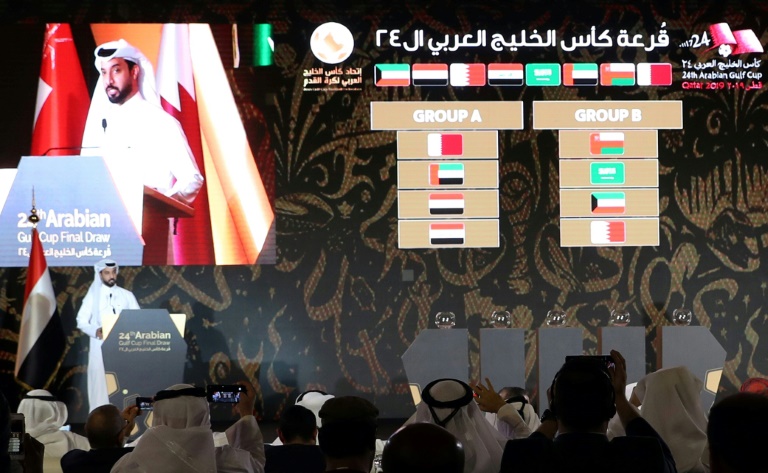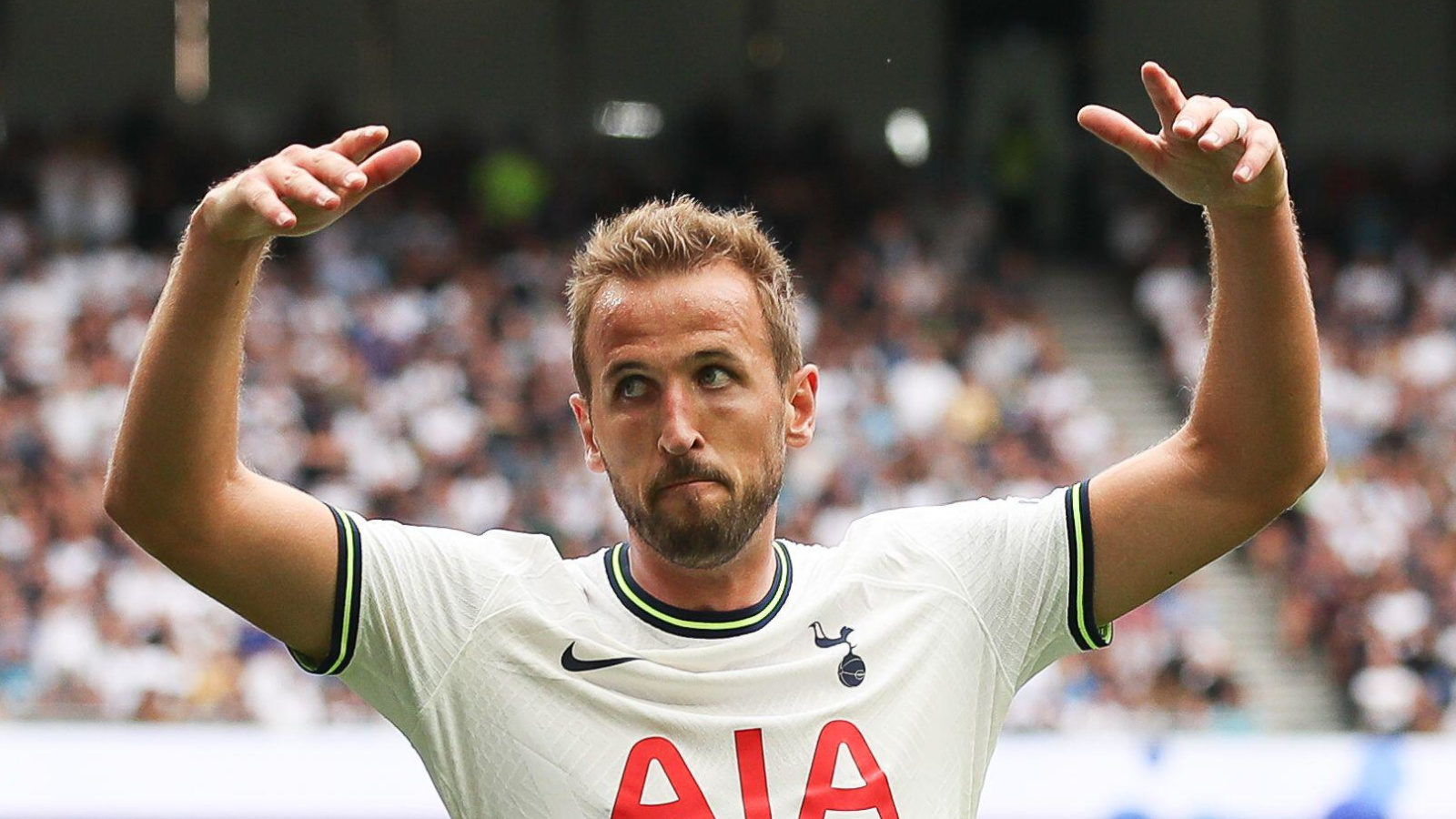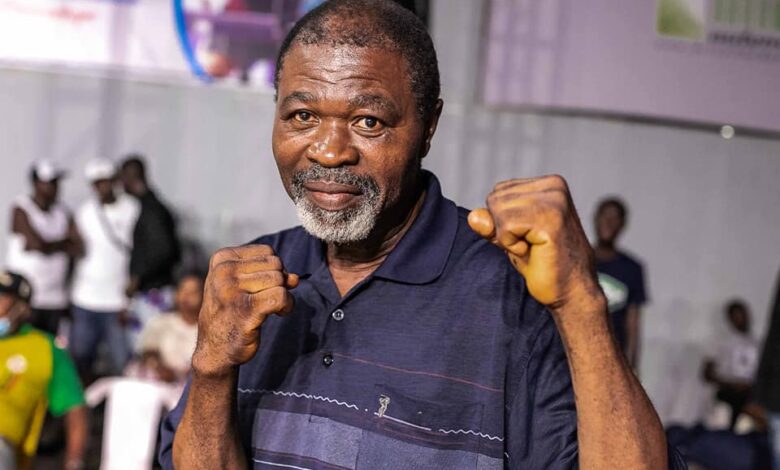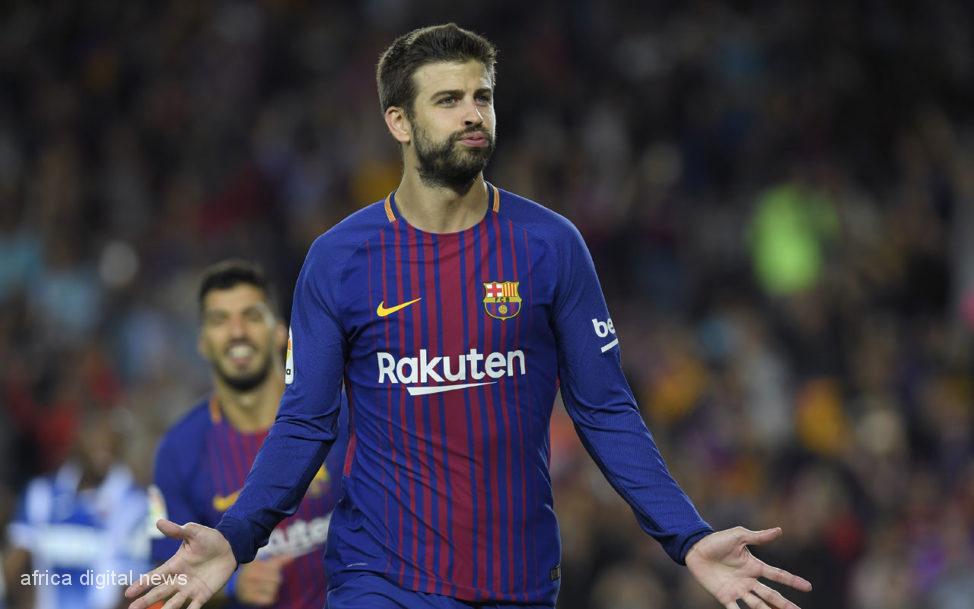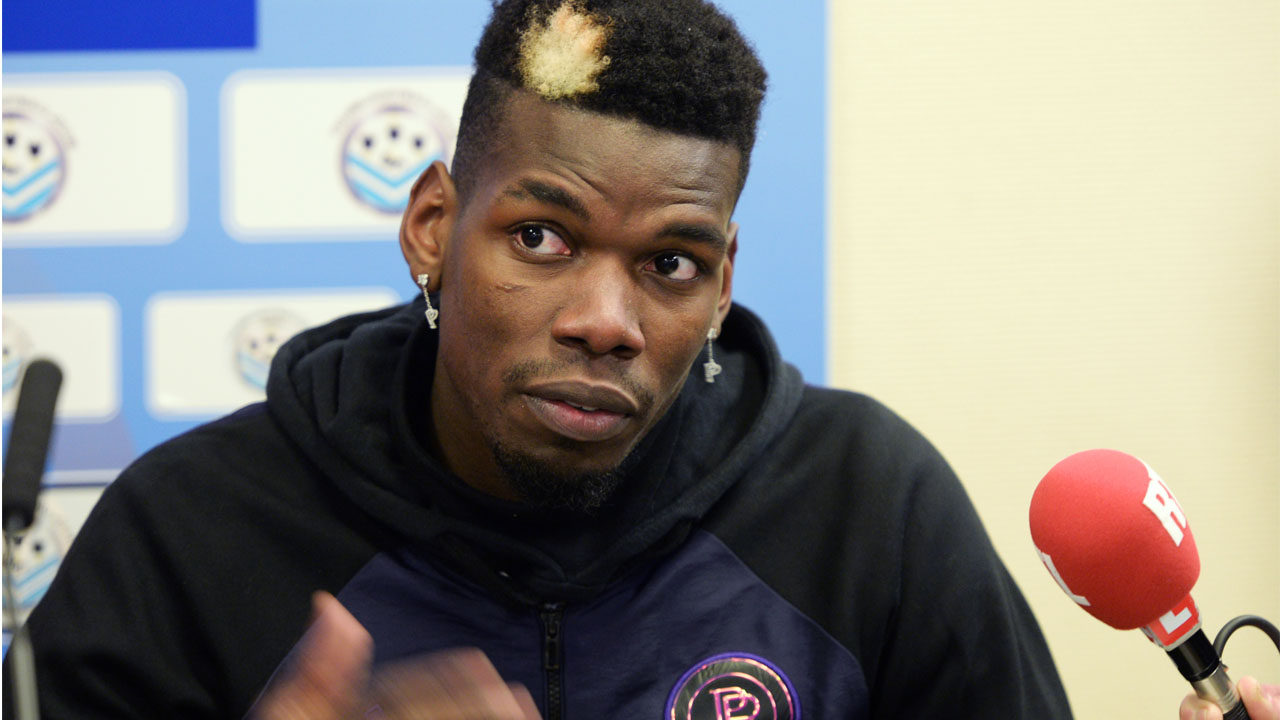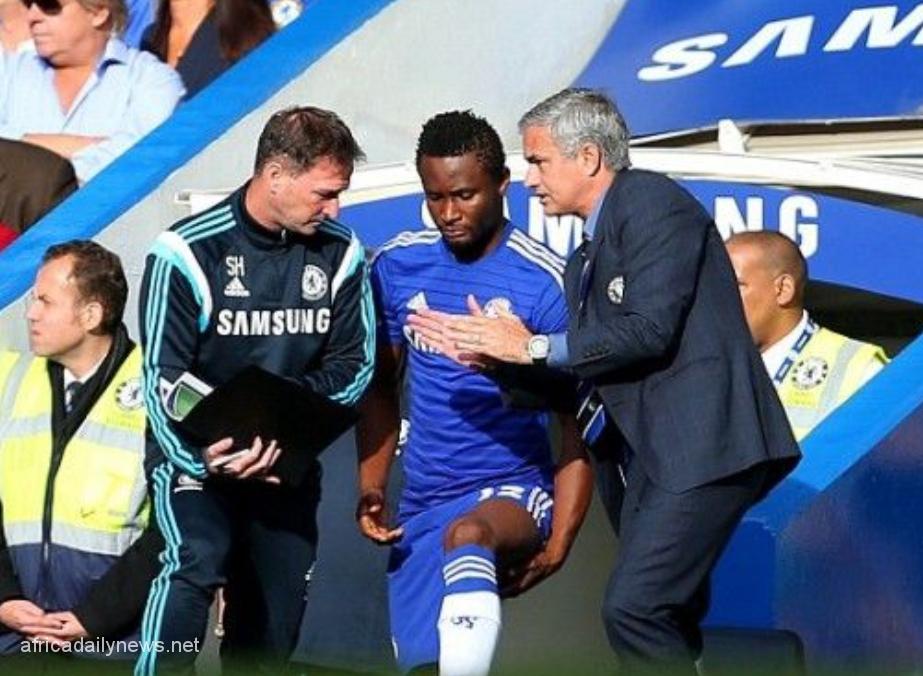The Gulf Cup begins in Doha on Tuesday when Qatar faces Iraq with hopes high that the participation of the Saudi-led regional bloc could lead them to ease their blockade of Doha.
Saudi Arabia, the United Arab Emirates (UAE) and Bahrain announced earlier this month they would contest the 24th Arabian Gulf title despite their boycott of Qatar since June 2017.
The trio, along with Egypt, have closed their airspace to Qatar Airways and blocked their citizens visiting the country over claims Doha backs radical Islamists and seeks closer links with Iran. Qatar vehemently denies the claims.
But there are signs of a possible breakthrough in the crisis between Qatar and its neighbours.
“Welcome to Qatar,” the Qatar Football Association tweeted on Monday along with a heart emoji and a welcome video of the Emirati team arriving in Doha.
Kuwaiti Deputy Foreign Minister Khaled al-Jarallah said earlier this month that the boycotting countries’ decision to travel to Doha was “a clear indication of the progress towards solving the Gulf crisis”.
Other steps were being taken “which affirm we are heading in the right direction to reach positive results”, he added, without giving details.
An official from the Cairo-based Arab League is to visit Doha for a conference during the tournament, raising hopes for mediation efforts.
It is unclear if the boycott countries will ease their rules on citizens travelling to Qatar, which launches its Gulf Cup campaign against Iraq at Doha’s Khalifa Stadium at 1630 GMT Tuesday.
The UAE will face Yemen two hours later, while Qatar will not face any of the nations enforcing the embargo until its group-stage clash with the UAE on December 2.
The match will be closely watched for the behaviour of both the home support as well as any visiting fans.
Read Also: Benzema Helps Madrid Defeat Real Sociedad
– Warm welcome? –
Bahrain’s Salwa Eid Nasser was given a warm reception after her 400 metres gold triumph at the World Athletics Championships in Doha in October and her country’s flag and anthem were both permitted.
Qatar’s national football team was forced to play without travelling supporters during the Asian Cup in the UAE at the start of the year, while security tried to ban the display of the Qatari flag.
Advertising for the Cup dotted around Doha was quickly updated to include the flags of the three newly added competitors.
The boycotting countries had refused to participate in the previous Gulf Cup two years ago, which was originally scheduled to be held in Qatar just a few months after the crisis erupted.
But they took part when the tournament was subsequently moved to Kuwait.
Outside of Qatar, there have been glimmers of a possible end-game to the bitter spat which has seen the two sides trade barbs on everything from access to the Muslim holy city of Mecca to alleged Twitter hacking.
Leading Emirati politics professor Abdulkhaleq Abdulla, an authority on the UAE’s political thinking, tweeted that the end of the boycott could be in sight following the Gulf Cup announcement.
Abdulla called the trio’s decision “as political as it is sporting”.
“Football… may open the door for the travel of sports fans to Qatar to support their teams, which means necessarily lifting the travel ban to Qatar and the return of Gulf cohesion,” he wrote after the announcement.
The latest signs of progress have emerged despite Doha resolutely refusing to bow to the boycotting countries’ demands that it shutter its Al-Jazeera broadcaster, downgrade ties with Iran, and close a Turkish military base in Qatar.
 AFP / KARIM JAAFARThe Arabian Gulf Cup trophy
AFP / KARIM JAAFARThe Arabian Gulf Cup trophyThe regional schism has seen families divided, Qatari businesses face increased costs, and it has complicated regional travel and diplomatic efforts.
This year, mounting tensions between the US and Iran over Tehran’s alleged attacks on Riyadh’s oil infrastructure and regional shipping have added to the difficulties.
Riyadh, meanwhile, has sought to assemble an alliance of supportive neighbours and regional powers from which Doha has been conspicuously absent.
Any easing of tensions could help Riyadh bolster its efforts to isolate Iran while averting an all-out conflict.
Iraq, Kuwait, Oman and Yemen will also vie for the cup at the tournament which wraps up on December 8.
AFP SPORTS

